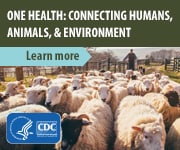People with Weakened Immune Systems
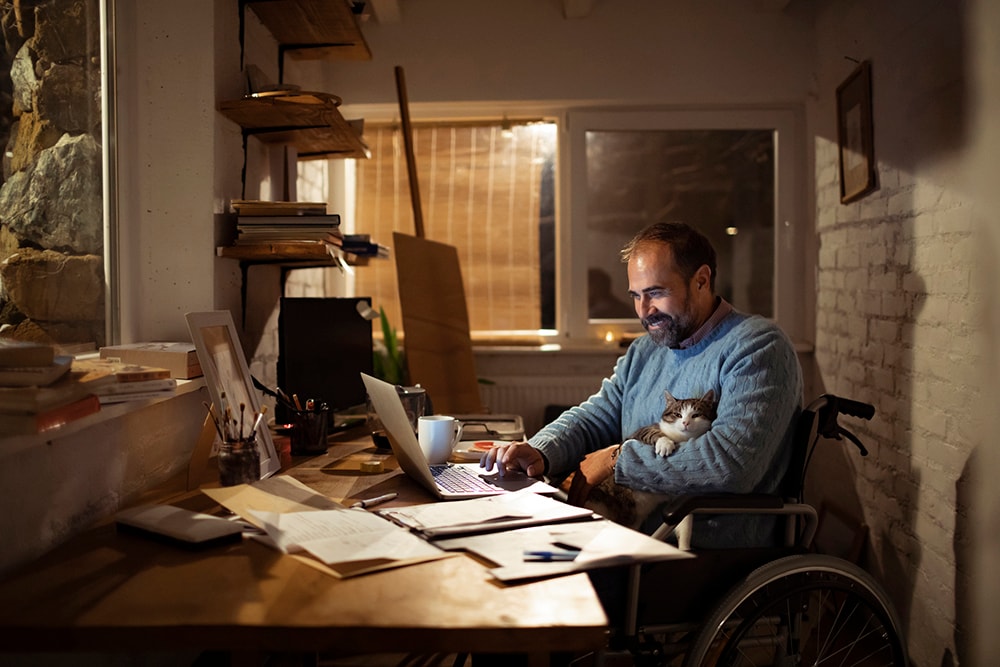
People with weakened immune systems are more likely than other people to get certain diseases, including those that animals can carry. A weakened immune system can be caused by a genetic condition, an illness such as HIV/AIDS, cancer, or kidney disease; or a treatment such as an organ transplant or radiation therapy. In addition, some medicines can weaken the immune system, including steroids, cancer chemotherapy, and drugs used to treat autoimmune diseases like rheumatoid arthritis or psoriasis.
Having a weakened immune system doesn’t mean you can’t enjoy interacting with animals. Follow the tips below to stay safe and healthy around animals.
Getting A New Pet
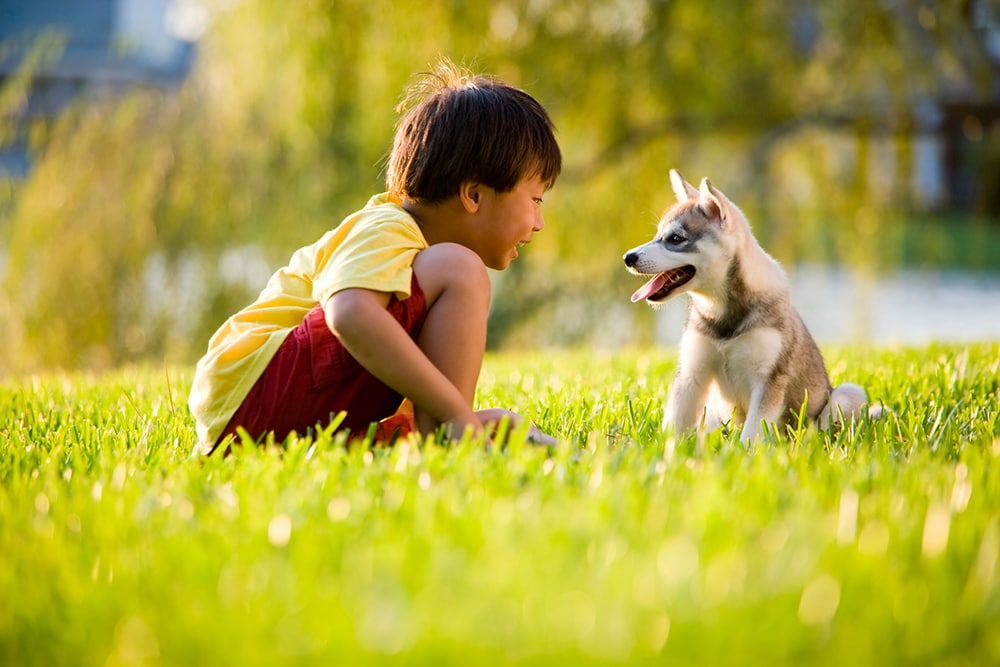
When getting a new pet, avoid animals that are sick, feral, or young (cats and dogs under 6 months old). These animals are more likely to carry diseases that can make you sick.
The following types of animals are considered high-risk for people with weakened immune systems:
- Reptiles (lizards, snakes, turtles, frogs)
- Backyard poultry (chickens, ducks, turkeys, geese)
- Rodents (hamsters, guinea pigs, rats, mice, and other small rodents)
- Exotic pets (monkeys and other wild animals)
People with weakened immune systems should avoid contact with these animals and their environments. If you do touch these animals or items in their environment (like food or cages), wash your hands thoroughly with running water and soap after. People with weakened immune systems should be extra cautious when visiting farms and when in contact with farm animals, including animals at petting zoos and fairs.
Keep Clean!
Wash your hands thoroughly with running water and soap after handling animals, their waste (poop and pee), their food, or other supplies. If possible, you should avoid direct contact with animal poop. Adults should supervise children’s hand washing.
Caring for Your Pet
Take your pet to the veterinarian regularly for routine vaccinations and flea and tick prevention. If your pet is sick, get veterinary care as soon as possible. Any pet that has diarrhea should be checked by a veterinarian, who may test for infection with Cryptosporidium, Giardia, Salmonella, and/or Campylobacter, as well as other parasites. These germs and parasites can make people sick as well as pets.
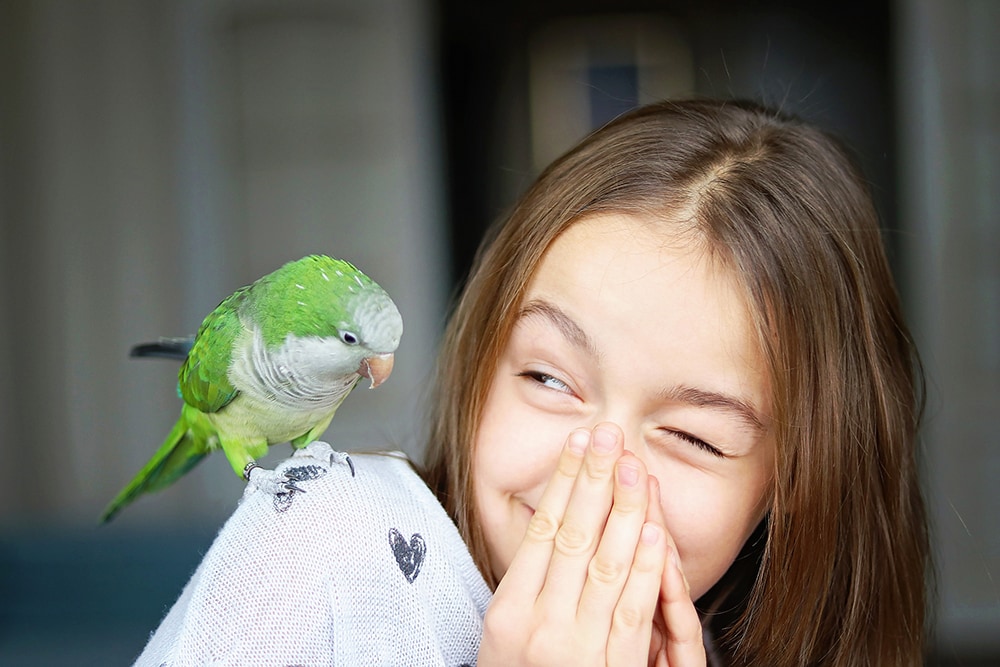
Some birds can carry germs that can cause serious illness in people with weakened immune systems. Clean bird cage linings daily. Wear gloves when handling items contaminated with bird droppings. Wash your hands after handling birds, their toys, food and water dishes, or other equipment and after cleaning bird cages, habitats, or perches.
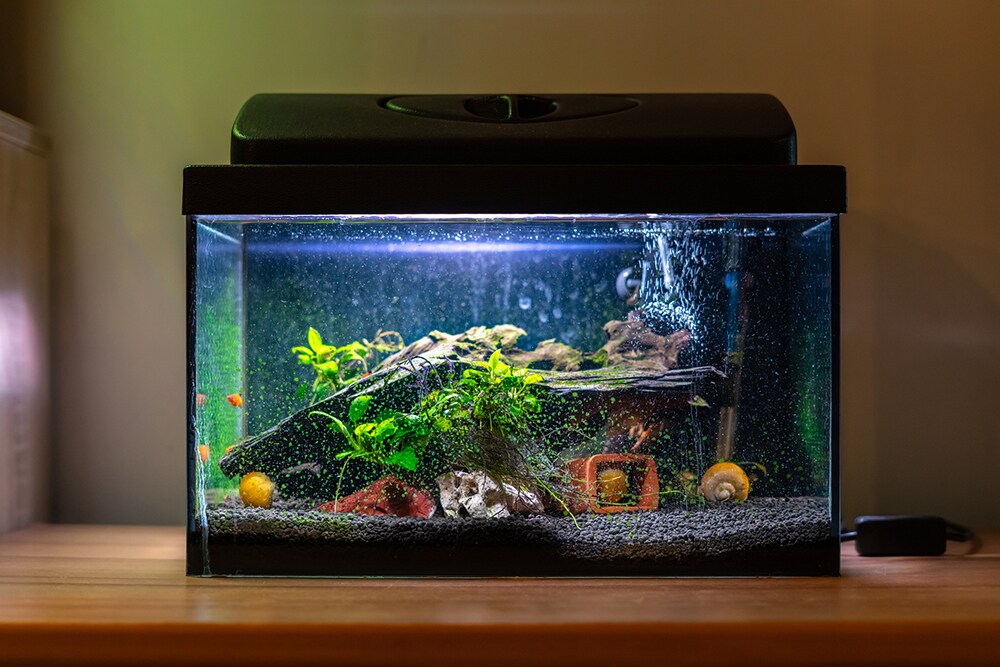
Do not clean fish tanks by yourself; ask a family member or friend for assistance. If you must clean the tank yourself, wear disposable gloves. Wash your hands after handling fish tanks or supplies, including tank water, fish food, and anything in the tank.
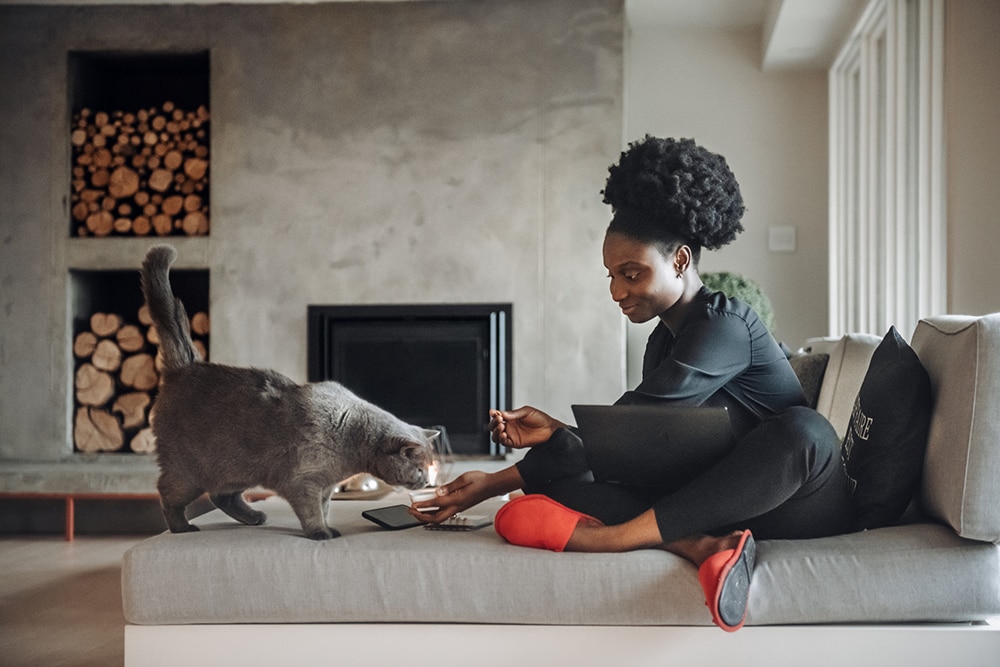
Cat poop can sometimes carry a parasite that can cause a disease called toxoplasmosis. Toxoplasmosis can cause serious illness in people with weakened immune systems. If you have a cat, try to have another person clean out litter on a regular (daily) basis. Do not place litter boxes in kitchens, dining rooms, or other areas where food is prepared and eaten. Keep your cat indoors and avoid handling stray cats.
Feeding Your Pet
Some pet food can be contaminated with germs like Salmonella and Listeria, just like people food. Germs in pet food, especially raw food, can make both people and pets sick. Don’t feed pets raw diets and always wash your hands after handling pet food and treats. Don’t let your pet lick around your mouth and face after eating. Don’t let your pet scavenge for food, hunt, or eat other animals’ poop.
